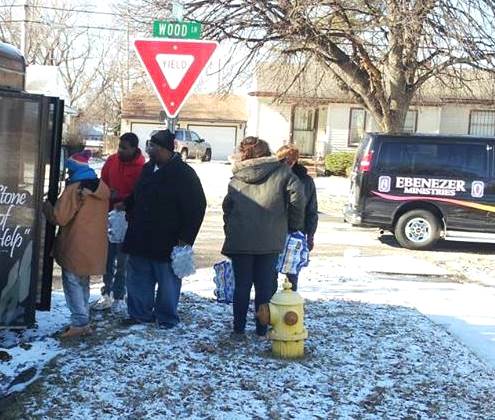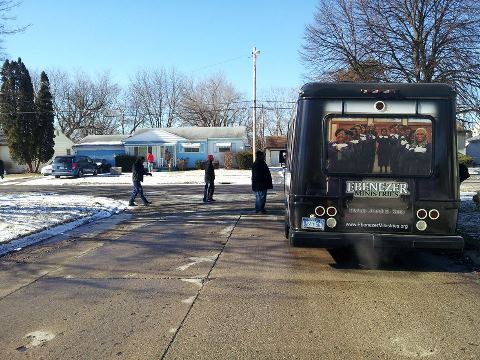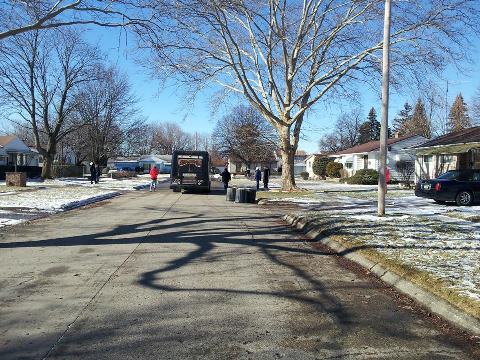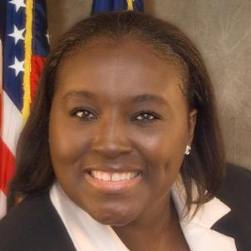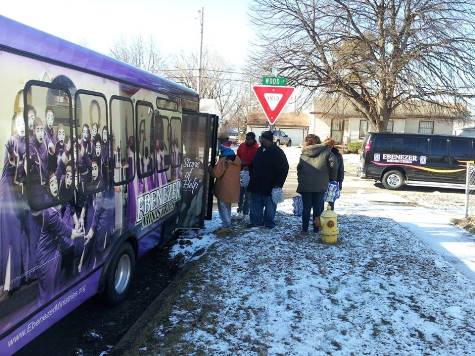by Andy Marso, KHI News Service
After three years of providing state funding for a medical research center focused on adult stem cell treatments, Kansas legislators are asking when the center will be financially independent.
Officials from the University of Kansas Medical Center’s Midwest Stem Cell Therapy Center had just presented their annual report Monday when Sen. Jeff Melcher, a Republican from Leawood, asked whether they were seeking “venture funding or any private equity to continue this once the state’s contribution to this research has ended.”
“I was curious how this can be self-sustaining,” Melcher said.
Melcher’s comments were similar to those made by another Republican, Sen. Steve Fitzgerald, after the center gave its annual report last year.
Buddhadeb Dawn, the stem cell center’s director, said Monday that the facility is about to sign a contract with a private company that will “be a source of revenue … for 10 years or so” and will receive some per-patient reimbursement when it starts enrolling people in upcoming clinical trials. The center also is approaching private donors individually and through the KU Endowment Association, he said.
When Melcher pressed for a more specific timeframe on self-sufficiency, Dawn said business ventures are unpredictable.
“We don’t see the future,” Dawn said. “I would hope that will become a reality someday. Now how far in the future that day is, I don’t think we have a crystal ball. But we are working on all the avenues that are possible.”
Difference in cells
The Legislature established the research center in 2013 to showcase adult stem cells as an alternative to embryonic stem cells, which are controversial because they usually are gleaned from fertilized eggs created during the in-vitro process that are not used for pregnancy and are subsequently donated for research.
Federal funding for embryonic stem cell research was disallowed under President George W. Bush, but President Barack Obama reversed that decision.
Sen. Mary Pilcher-Cook, a Republican from Shawnee who spearheaded the KU center’s creation, said the center is helping adult stem cells separate themselves from the shadow of that controversy.
“A few years ago I was helping my parents with their illnesses and it became very apparent that the average physician knows little to nothing about stem cells — even the difference between embryonic stem cells, which have no proven success, and adult stem cells,” Pilcher-Cook said.
David Prentice, vice president and research director of the Charlotte Lozier Institute and prominent opponent of embryonic stem cell research, accompanied the KU adult stem cell center officials Monday as they spoke to legislative committees and met with Gov. Sam Brownback.
Embryonic stem cells are naturally “pluripotent,” meaning they can develop into any type of cell in the body, while adult stem cells are “multipotent,” meaning they can develop only into certain subgroups of cell types.
But some facilities, including the KU stem cell center, have been able to create “induced pluripotent cells,” which are adult cells that have been genetically manipulated to mimic the flexibility of embryonic stem cells. Researchers don’t yet know whether they will have the same clinical applications.
A small-scale trial published in the British medical journal The Lancet in 2014 showed some vision restoration when embryonic stem cells were used to treat progressive eye diseases.
It was the first clinical trial approved by the U.S. Food and Drug Administration to show positive results from the use of embryonic stem cells.
‘Bare-bones personnel’
The KU center currently receives about 70 percent of its funding from the state, but the projected contribution of about $800,000 in the next fiscal year is far less than some other states, and the center has only four full-time employees.
“We have perhaps a bare-bones personnel in our center,” Dawn said. “But we have done quite well with that because we have an outstanding team.”
He said the center is preparing to enter patients into a heart repair clinical trial and hopes to have another trial related to stroke recovery up and running within months.
After Monday’s committee hearing, Dawn said he believes the center is creating a good return on the state’s investment, but he understands the current budget constraints and lawmakers’ desire for the center to pay for itself.
“We have to make sure that we earn the money to operate this long-term, so I agree with that concept; that we don’t want to become a liability, we want to be a successful business and should have our revenues support our missions,” he said.
Dawn said there is some danger scientifically to trying to speed the process of developing marketable products or taking on private-sector partners who may have marketing agendas.
But he said his center will leverage the expertise of prominent scientists at KU to ensure private-sector proposals are evaluated critically and the integrity of the research is preserved.
“We want to follow a thorough process that is scientifically driven and not driven by money alone,” Dawn said.
In his annual report, he noted that the center is in contact with the Catholic Archdiocese and the Vatican about helping highlight for the public the adult stem cell research the center is doing as a contrast to embryonic stem cell research, which the Catholic Church opposes.
Dawn said the Catholic Church also could be a resource for philanthropic donations to subsidize the center.
“That possibility has certainly crossed our minds,” Dawn said, “but we do not know how effective that will be, and that certainly is perhaps not the most important goal in this collaboration.”
The nonprofit KHI News Service is an editorially independent initiative of the Kansas Health Institute and a partner in the Heartland Health Monitor reporting collaboration. All stories and photos may be republished at no cost with proper attribution and a link back to KHI.org when a story is reposted online.
– See more at http://www.khi.org/news/article/lawmakers-seek-financial-independence-for-ku-stem-cell-center#sthash.Aq69yzeb.dpuf

